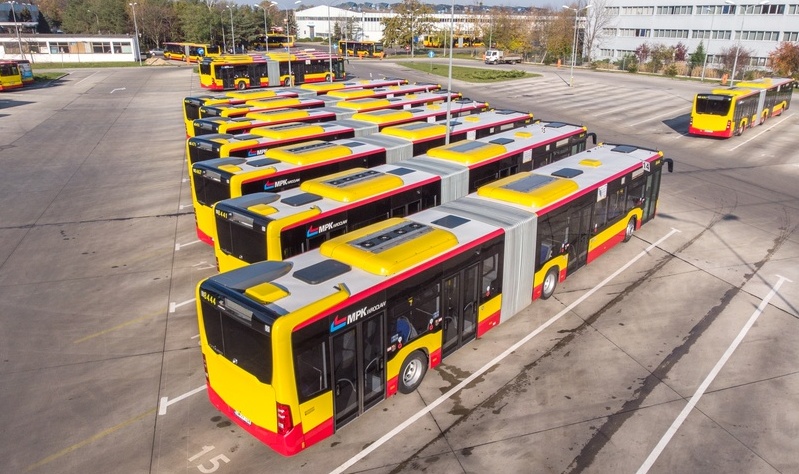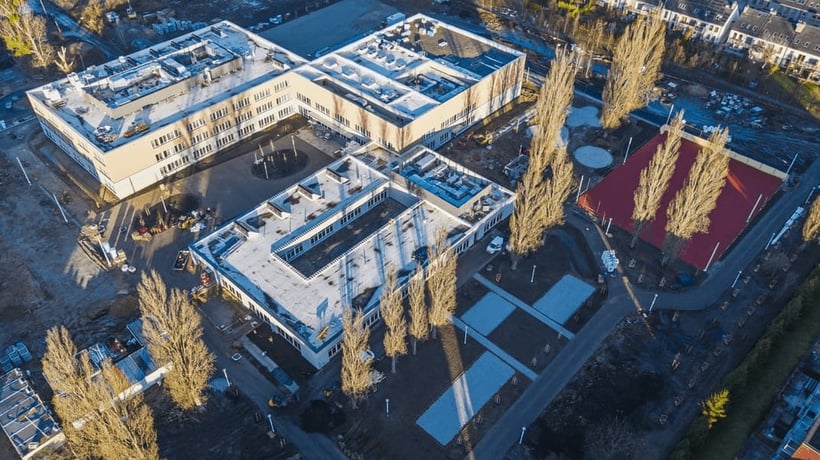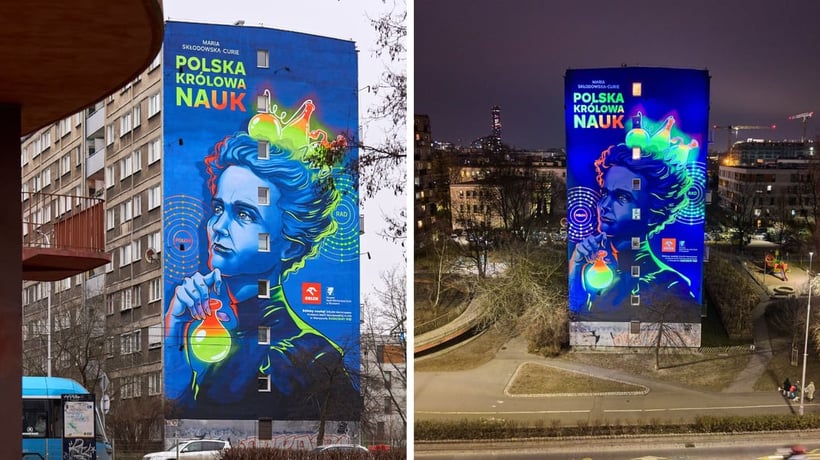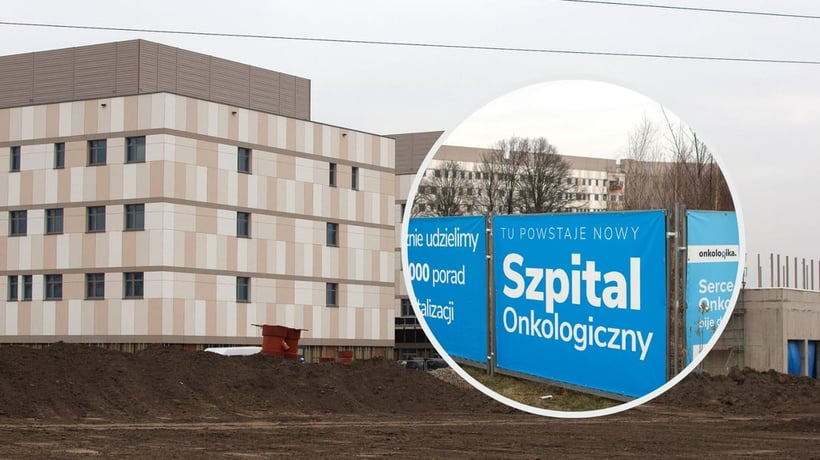The most important information (click to go)
But the scale of the order depends on something else. The contract with MPK's subcontractor Michalczewski is coming to an end. Instead of organising a tender for Michalczewski's successor, MPK will take over its tasks. In order to do this, it needs to expand largely its fleet.
In its message, MPK informed that ‘the new buses will enable MPK Wrocław to carry out the tasks of its current subcontractor, the Michalczewski company, with which the company will certainly not cooperate in the future, as it has already declared’.
Michalczewski plays a major role in Wrocław's transport system. Sixty-nine buses of this operator travel around the city every day. Taking over the tasks it performs will require MPK to be highly mobilised. In addtion, 30 buses are provided by the second subcontractor, Mobilis. The contract with Mobilis also ends next year. It is not likely to have a successor, either, but MPK is not announcing this for the time being. In order to replace the two subcontractors, the operator will need 100 buses.
New buses will replace the oldest Mercedes vehicles
MPK owns 99 Mercedes buses, which are already 15 and 16 years old. These are 57 solo vehicles (Mercedes-Benz 628 O 530 Citaro) and 42 articulated vehicles (Mercedes-Benz 628 O 530 G Citaro). They are the only non-air-conditioned buses in the operator's fleet, so replacing them with 100 air-conditioned new ones is good news for passengers. Next year's summer will be more bearable.
Witold Woźny, President of MPK Wrocław: ‘Carrying out the tender will allow MPK to eliminate from its fleet the vehicles that are several years old, have breakdowns, the highest mileage and relatively high operating costs and the lack air conditioning, which is far from comfortable for passengers particularly in the summer season.
Will MPK employ Michalczewski's drivers and take over its depot?
The 200 new vehicles will be able to replace 100 subcontractor’s buses and 100 of the oldest Mercedes buses. However, the depot at ul. Obornicka is unable to accommodate additional vehicles – certainly not one hundred. So, will MPK take over the entire infrastructure after Michalczewski, along with its employees? For the time being, it has not made any declarations. However, this would be quite a reasonable solution.
Michalczewski has its depot and, above all, drivers, who are in high demand on the market. MPK constantly recruits new drivers for its buses, but there is still a shortage. And by taking over the tasks from Michalczewski and perhaps from Mobilis, it will need a few hundred more people.’
200 new buses for 10 years
MPK is not buying 200 buses – it wants to lease them for 10 years. This is an particularly advantageous option – instead of spending a few hundred million zlotys in the short term, it will pay a specific amount every month. After the award decision in September, this amount will be known. MPK uses a part of its Mercedes Citaro 2 and Solaris fleet on this basis.
Why does MPK buy diesels instead of electric or hydrogen vehicles?
MPK slowly expands its fleet with low-emission vehicles; according to the requirements, it should have around 30 per cent of them. So why did it decide to expand its fleet with diesel vehicles?
MPK responds: ‘Ordering these vehicles is, above all, a pragmatic solution that will allow the company to modernise its fleet quickly and efficiently. This choice is the result of a rational assessment of the company's needs, financial possibilities and important safety aspects.’
MPK adds that the choice of conventionally powered vehicle was also dictated by an analysis of the costs of acquiring and operating such a large fleet, the timing and certainty of deliveries, and the lack of need for additional investments involving the special adaptation of technical facilities.






